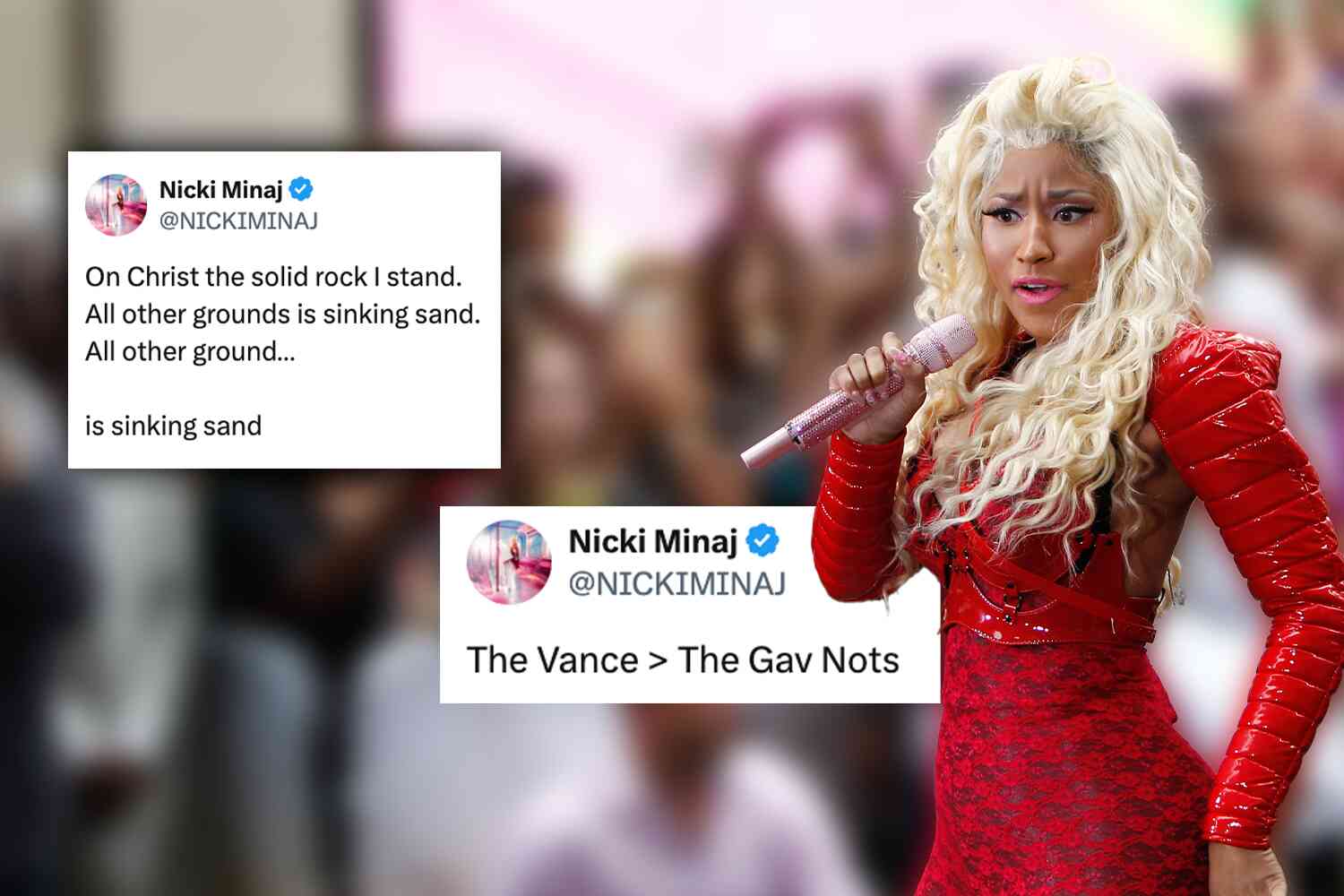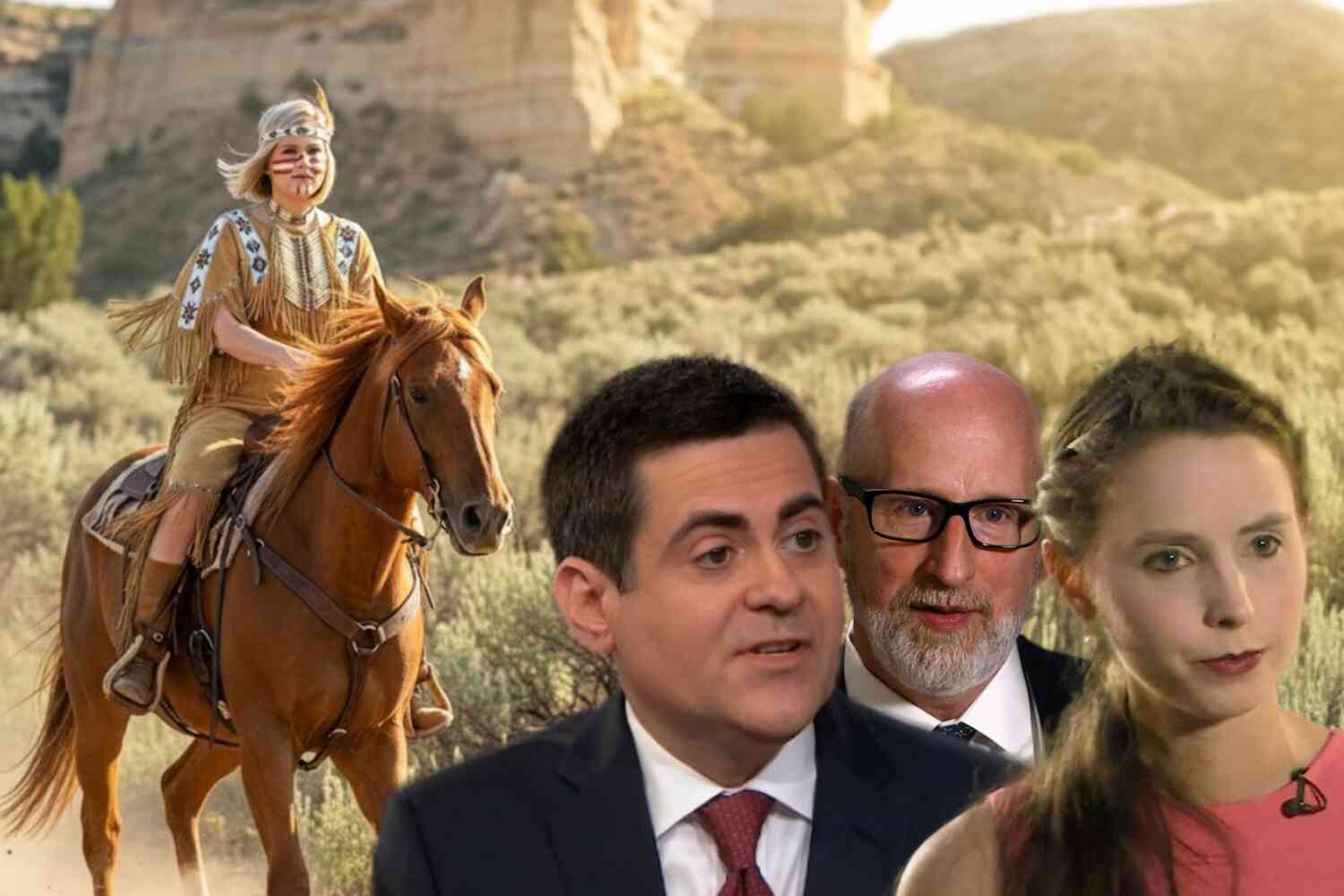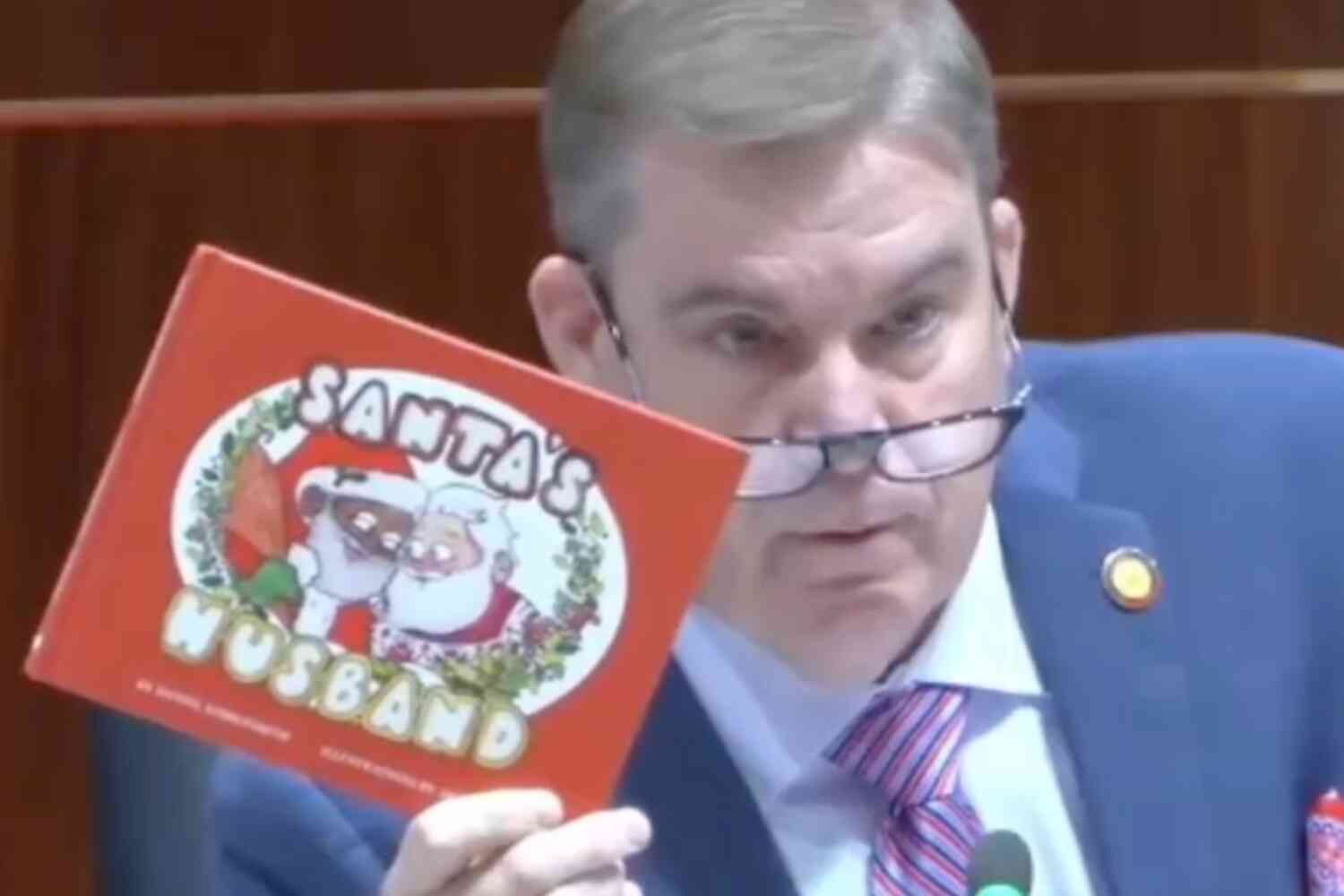The Hindu nationalists are making their move.
Instead of India, the country would now like you to refer to it as Bharat, the traditional Sanskrit name for the country which dates back centuries.
Indian President Droupadi Murmu is referred to as "President of Bharat" instead of "President of India" in the invitation sent to G20 attendees. The nation of more than 1.4 billion people is officially known by two names, India and Bharat, but the former is most commonly used, both domestically and internationally.
Why is it called India? Well, India refers to the "Indus" River that runs through the nation, as it was called in Latin. The Greeks/Romans got the word "Indu" from the Persian word "Hindu" that came from the Sanskrit word "Sindhu," which just means "river" (blame Alexander the Great).
The problem is, some words don't translate well, which is the same reason the word "Yeshua" became "Iesus" in Greek/Latin and then "Jesus" among those J-loving Brits.

India is hosting the G20 conference this year and is using the opportunity to come out with a new name, which Indian officials recognize as the old name.
According to reports, this is done in order to distance India from its colonial past, with India being a name tied closely to the old British Empire.
The change in nomenclature is backed by officials of Modi's Bharatiya Janata Party. They argue that the name India was introduced by British colonials and is a "symbol of slavery." The British ruled India for about 200 years until the country gained independence in 1947.
The problem is, both terms have ancient roots. "India" referred to those living in the far west of India today (although Alexander was aware of the people living as far as the Ganges in the east) and has recorded uses going back nearly two thousand years.
The term "Bharat" arguably goes back further to a tribe that lived in southern Afghanistan/northern India in 1500 BC. The word means "to carry fire" or implies "one who seeks and holds knowledge."

Both terms were included in the nation's constitution in 1950, with Hindu nationalists preferring Bharat as a way of connecting their lineage to that ancient tribe.
The problem is, even among the 80% of the population that is Hindu, the lower castes (one that is literally called the "Untouchables") don't want to be connected to the vision or heritage of the elite Brahman castes.
There is also opposition from leaders who claim that changing the name will kill the brand value of India that has grown over centuries.
India's opposition parties, however, criticized the move.
"While there is no constitutional objection to calling India "Bharat," which is one of the country's two official names, I hope the government will not be so foolish as to completely dispense with "India," which has incalculable brand value built up over centuries," opposition lawmaker Shashi Tharoor said on X.
India will likely continue to use both names, but the nationalistic and populist leader Modi is gonna push like crazy to make Bharat happen.
We'll see if the new name sticks.

P.S. Now check out our latest video 👇









